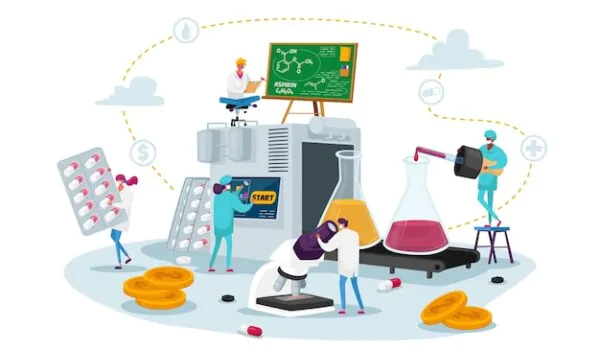
Explain how statins inhibit the HMG-CoA reductase enzyme to reduce cholesterol synthesis. Discuss how statins block the conversion of HMG-CoA to mevalonate, a crucial step in cholesterol biosynthesis, ultimately leading to decreased intracellular cholesterol levels, upregulation of LDL receptors, and reduced circulating LDL cholesterol levels.

A class of drugs known as statins is mostly used to reduce blood cholesterol, especially low-density lipoprotein (LDL) cholesterol, which is sometimes referred to as “bad” cholesterol. They accomplish this by blocking 3-hydroxy-3-methylglutaryl-coenzyme A (HMG-CoA) reductase, an enzyme essential to the liver’s synthesis of cholesterol. The way statins block HMG-CoA reductase and lower cholesterol synthesis is as follows:
HMG-CoA Reductase Inhibition: Statins block the activity of this enzyme, which is the mechanism that limits the rate at which cholesterol is produced. This enzyme is essential for the synthesis of cholesterol and other vital compounds like isoprenoids and coenzyme Q10 because it catalyzes the conversion of HMG-CoA to mevalonate.
Competitive Inhibition: Statins compete with HMG-CoA for binding by acting as competitive inhibitors of HMG-CoA reductase.
The main purpose of a class of medications known as statins is to lower blood cholesterol, particularly low-density lipoprotein (LDL), commonly described as “bad” cholesterol. By inhibiting 3-hydroxy-3-methylglutaryl-coenzyme A (HMG-CoA) reductase, an enzyme necessary for the liver’s synthesis of cholesterol, they are able to achieve this. The following is how statins inhibit HMG-CoA reductase and reduce the synthesis of cholesterol:
Statins inhibit the activity of HMG-CoA Reductase, which is the mechanism that sets a limit on the rate at which cholesterol is generated. This enzyme catalyzes the conversion of HMG-CoA to mevalonate, which is necessary for the synthesis of cholesterol and other important molecules like isoprenoids and coenzyme Q10.
Competitive Inhibition: By functioning as competitive inhibitors of HMG-CoA reductase, statins compete with HMG-CoA for binding